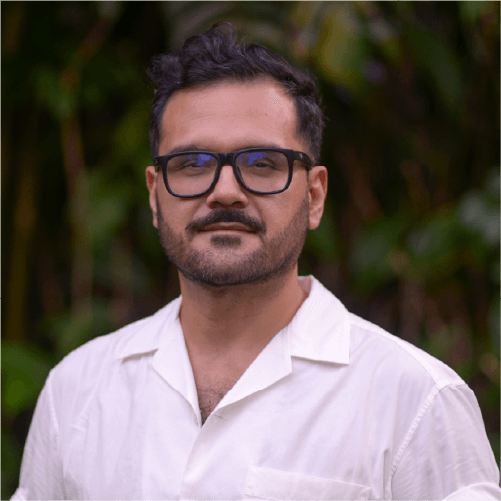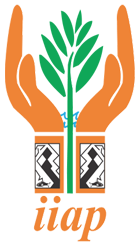Description
Peruvian palm swamp peatlands are being degraded by the harvest of Mauritia flexuosa fruit by cutting rather than climbing the palms. These practices - driven by poverty and unclear tenure rights - disrupt biodiversity, exacerbate climate change, and endanger local livelihoods. Research has examined the ineffectiveness of past interventions promoting sustainable M. flexuosa harvesting but drivers of management behaviour have not been studied systematically. Using an interdisciplinary and collaborative approach, this project works with communities and policy makers to strengthen local management institutions and property rights, to sustain the livelihoods of palm-dependent communities and refine policies supporting the conservation of peatland swamps.
The project focuses on four palm swamp peatland sites in the Loreto and Ucayali regions, deploying interdisciplinary and collaborative methods that will be scalable to other peatland-rich areas. The sites were selected as representative of different management practices, recognised land and resource rights (including collective vs. individual tenure), and access to markets. Communities visited in advance of this proposal agreed to participate.
























